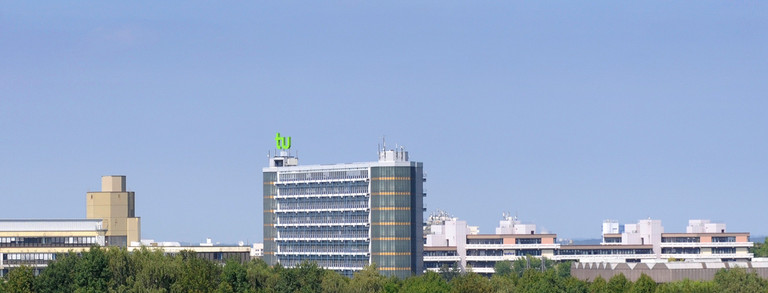TU Dortmund University Tackles Research Assessment Reform
- UA Ruhr
- Top News
- Research

CoARA aims for a reversal of trends in the system of science: With the increasing availability of bibliometric data in recent years, there has been a growing tendency to quickly assess research based on quantitative indicators of publications, such as the number of journal articles and citations, or metrics like the Journal Impact Factor and the H-Index. This threatens to push the quality of research performance into the background and ignore the diversity of discipline-specific performance characteristics. In spring 2022, the German Research Foundation (DFG) initially published a position paper to counteract resulting mis-developments. Shortly thereafter, CoARA created the Agreement on Reforming Research Assessment, which has since been signed by 700 institutions worldwide. The core of the program is to primarily rely on the qualitative judgment of experts, i.e., peer review, and to responsibly supplement this with quantitative indicators.
Examining criteria for research evaluation
The working group at TU Dortmund University has analyzed where this approach is already well established at the university and where it could be strengthened further. Qualitative and differentiated research evaluation is already established in the university’s appointment procedures: the appointment committees determine the qualitative and quantitative criteria that candidates must meet before the publication of a job posting. Additionally, reviewers are instructed to assess achievements relative to the candidate's academic age. The Corporate Center Human Resources is examining how this approach could be adapted for the future appointment of permanent positions in the mid-level faculty.
A particular challenge is the fair evaluation in cross-disciplinary performance comparisons, such as awards that are open to researchers from all 17 departments of TU Dortmund University. It is also important to adequately consider achievements beyond publications, such as patents, conferences, or partnerships. The working group aims to develop proposals throughout the year on how CoARA's goals could be implemented in as many places as possible and how their impact could be evaluated. The departments will be involved in this process.
Prof. Manfred Bayer, President of TU Dortmund University, emphasizes the importance of the commitment to the agreement for a functioning scientific system: “We must ensure through our performance evaluation processes that high-quality and professionally relevant research is rewarded and not just tactical publishing.” In autumn 2023, the Rectorate and the University Library had invited the DFG to an information event and panel discussion to discuss the future of research evaluation through publications. At the event it also became clear that adequately considering different academic cultures is a challenge and that a reform of research evaluation is necessary.
UA Ruhr joins CoARA
To develop measures in the scientific system concertedly and anchor them broadly, CoARA provides national forums for exchange. TU Dortmund University participates in the National Chapter of Germany. The UA Ruhr also joined CoARA and the German national chapter as a consortium in early 2025. Thus, TU Dortmund University, Ruhr University Bochum, and the University of Duisburg-Essen will also analyze how they can adjust performance evaluation in their joint processes, such as research funding through MERCUR.
Contact for queries:





![[Translate to English:] Partner Four hands are holding the green logo of TU Dortmund University](/storages/tu_website/_processed_/1/d/csm_Partner_Nicole_Rechmann_KW_670eba0154.jpg)




![[Translate to English:] Forschung An apparatus with tubes in a laboratory](/storages/tu_website/_processed_/0/c/csm_Forschung_Juergen_Huhn_4fa3153b51.jpg)
![[Translate to English:] Studium Five students are sitting in a lecture hall. They are talking to each other.](/storages/tu_website/_processed_/c/9/csm_Studium_FelixSchmale_dbdbfb0dd7.jpg)





